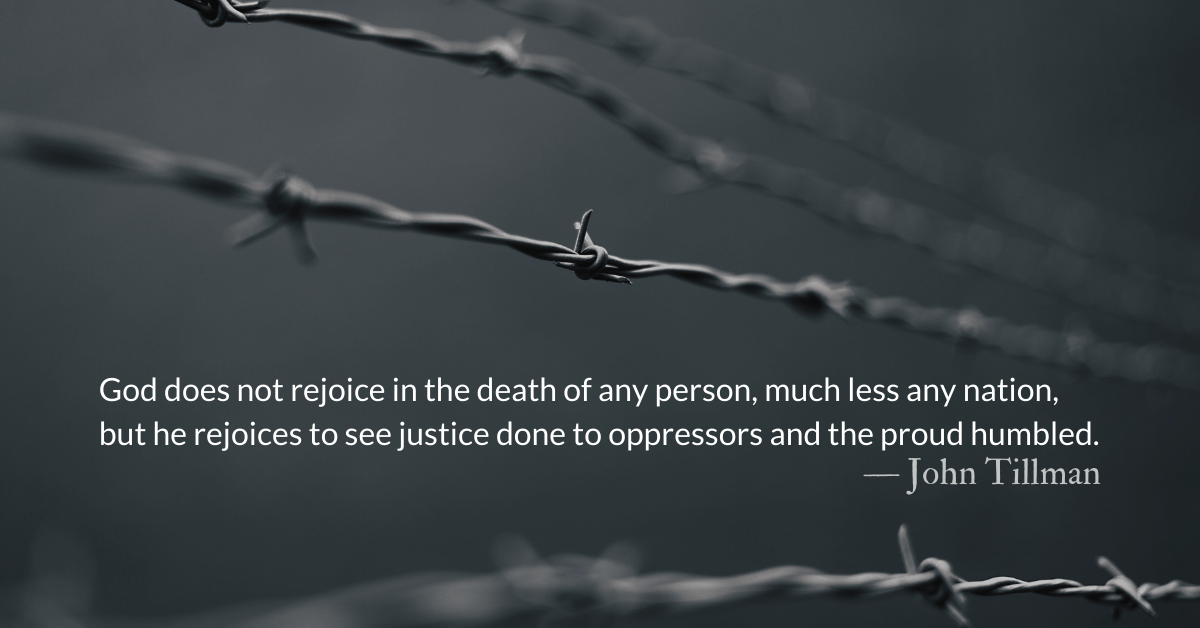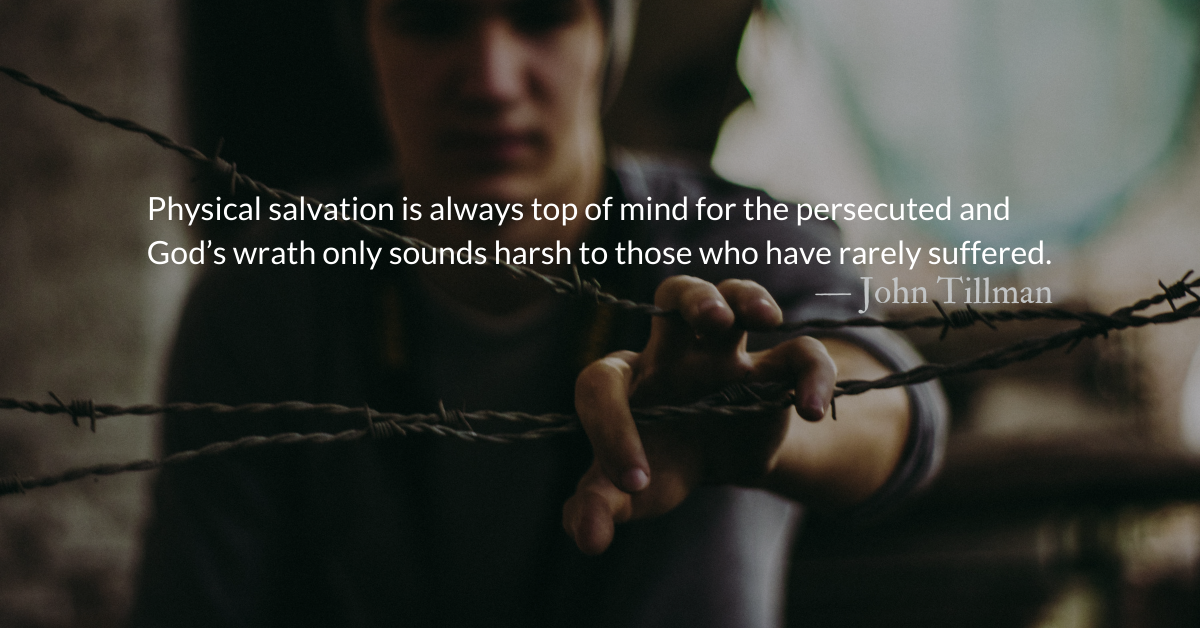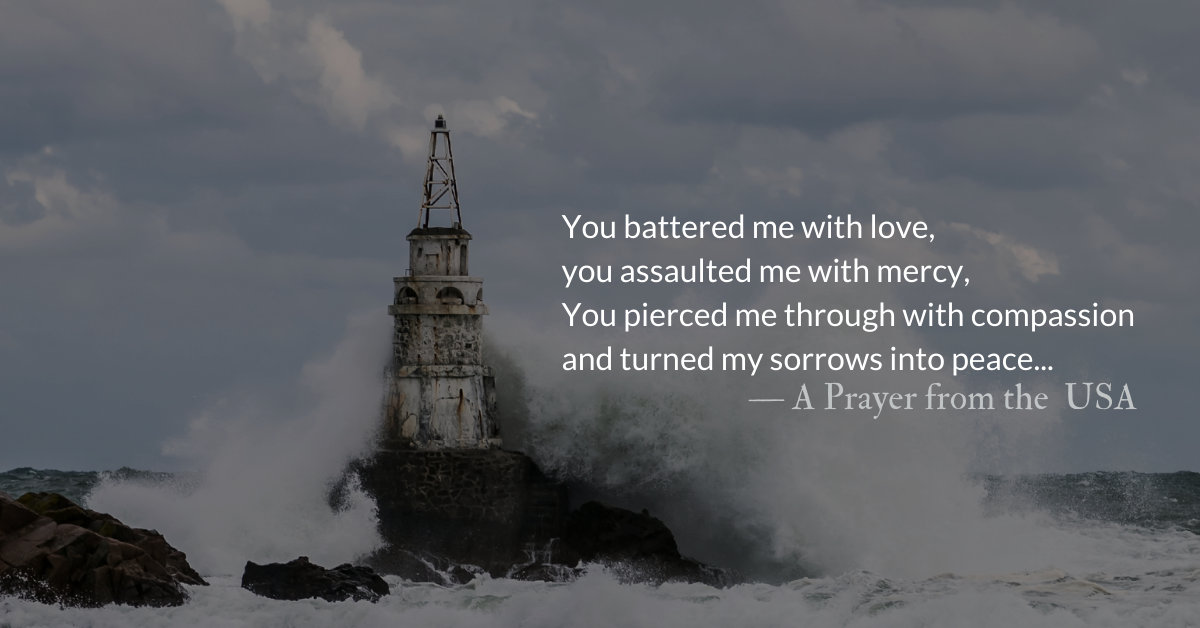Scripture Focus: Ezekiel 33.30-32
30 “As for you, son of man, your people are talking together about you by the walls and at the doors of the houses, saying to each other, ‘Come and hear the message that has come from the LORD.’ 31 My people come to you, as they usually do, and sit before you to hear your words, but they do not put them into practice. Their mouths speak of love, but their hearts are greedy for unjust gain. 32 Indeed, to them you are nothing more than one who sings love songs with a beautiful voice and plays an instrument well, for they hear your words but do not put them into practice.
Reflection: The Limits of Ministry
By John Tillman
Ezekiel ministered during a drastic change in Jewish worship. Since the exodus, Jews had never been without the ministry of the priests at the tabernacle or the temple. With the sacrificial system dismantled, the gathering of God’s people to hear the teaching of priests and prophets like Ezekiel was all that was left of their worship practices.
Ezekiel was faithful but there are limits to what a minister of God can accomplish. Pastors can’t control whether people listen or have faith or obey.
There is a sense sometimes among ministers that failures of culture, failures of the body of Christ, and failures of communities are somehow all on them.
“If I just preached the gospel better…”
“If I just sang about God’s grace more beautifully…”
“If I just refuted arguments more compellingly…”
There is also, at times, dissatisfaction among congregants about the content and presentation during times of worship.
“If only they would preach less (or more) about politics…”
“If only they would sing this type of music…”
“If only they would change this element…”
God holds prophets and preachers accountable for telling the truth but not for the outcome. Multiple times in scripture prophets were told ahead of time to speak the truth even though people would not listen. God requires watchmen on the wall to faithfully call out warning but holds people responsible for their response. Only if watchmen fail to tell the truth do they have blood on their hands.
Ministry leaders bear great responsibility and many fail in varying degrees as did Israel’s priests and prophets, (we will discuss this tomorrow) but hard-hearted listeners are still blameworthy. Even listening to Ezekiel, one of the greatest prophets of his day or any day, these exiled Jewish leaders remained greedy for gain rather than being repentant.
Ministry leaders are a force for good in the world when they raise their voices to call for change. But no matter how beautiful their voices are, if the body of Christ does not have ears to hear and hearts to respond, judgment will be the result.
We cannot allow pastors and worship leaders to become merely singers of love songs with beautiful voices and instrumentalists with beautiful artistry. We must have more than words of love in our mouths. We must have beautiful feet that carry the gospel. We must take actions that put God’s word into practice.
Divine Hours Prayer: The Refrain for the Morning Lessons
The Lord is near to those who call upon him, to all who call upon him faithfully. — Psalm 145.19
– Divine Hours prayers from The Divine Hours: Prayers for Summertime by Phyllis Tickle
Today’s Readings
Ezekiel 33 (Listen – 6:03)
Psalm 81-82 (Listen – 2:36)
Read more about Denying our Exile
Much of Ezekiel’s ministry was attempting to convince the already exiled, that there was not going to be a miraculous return to Israel’s glory days.
Read more about Treasuring Our Temples
The worship they thought God prized had become annoying noise, because there was no justice established when they stopped singing about justice.











